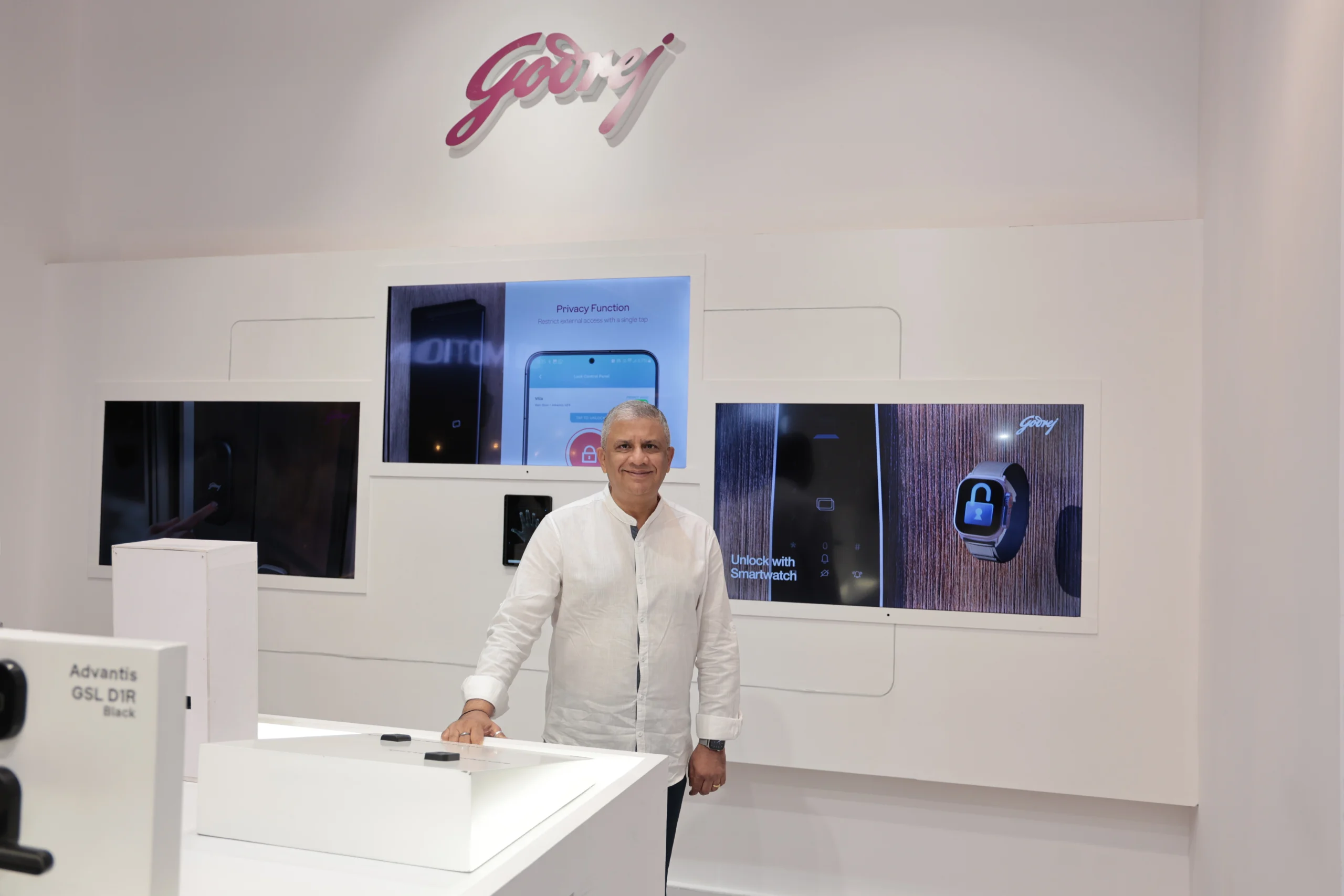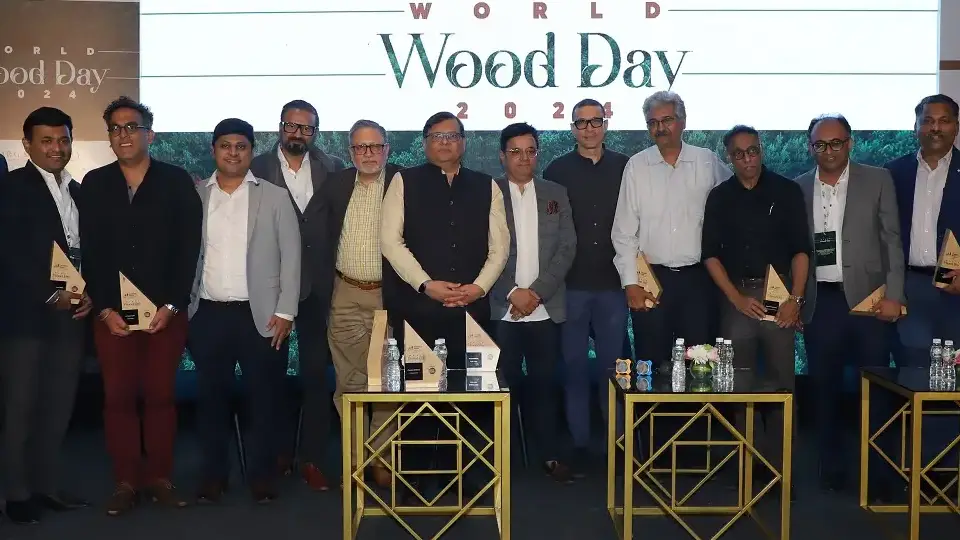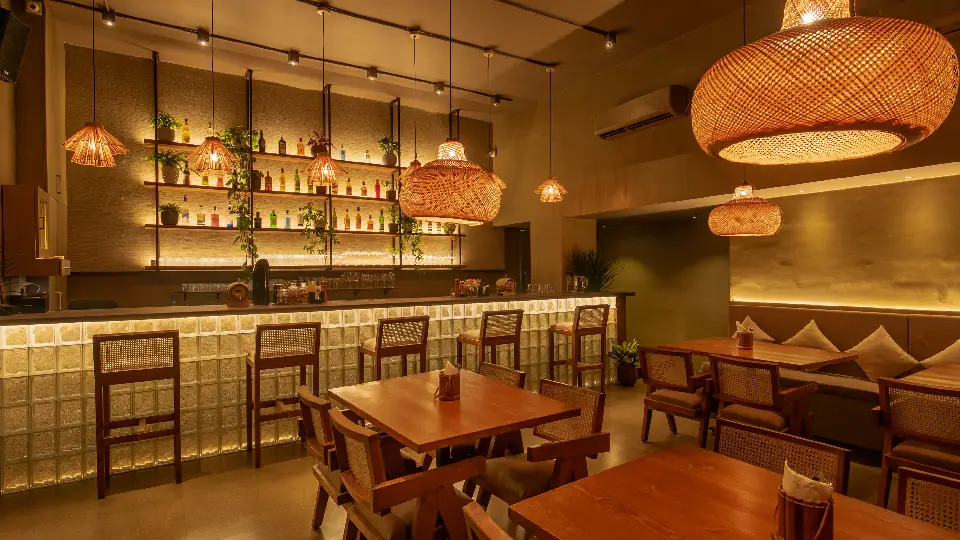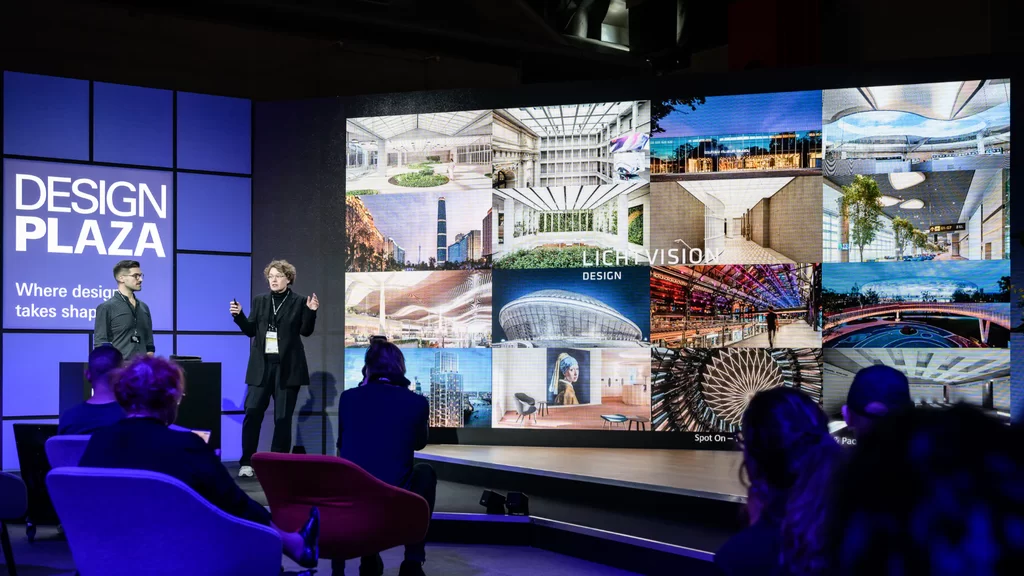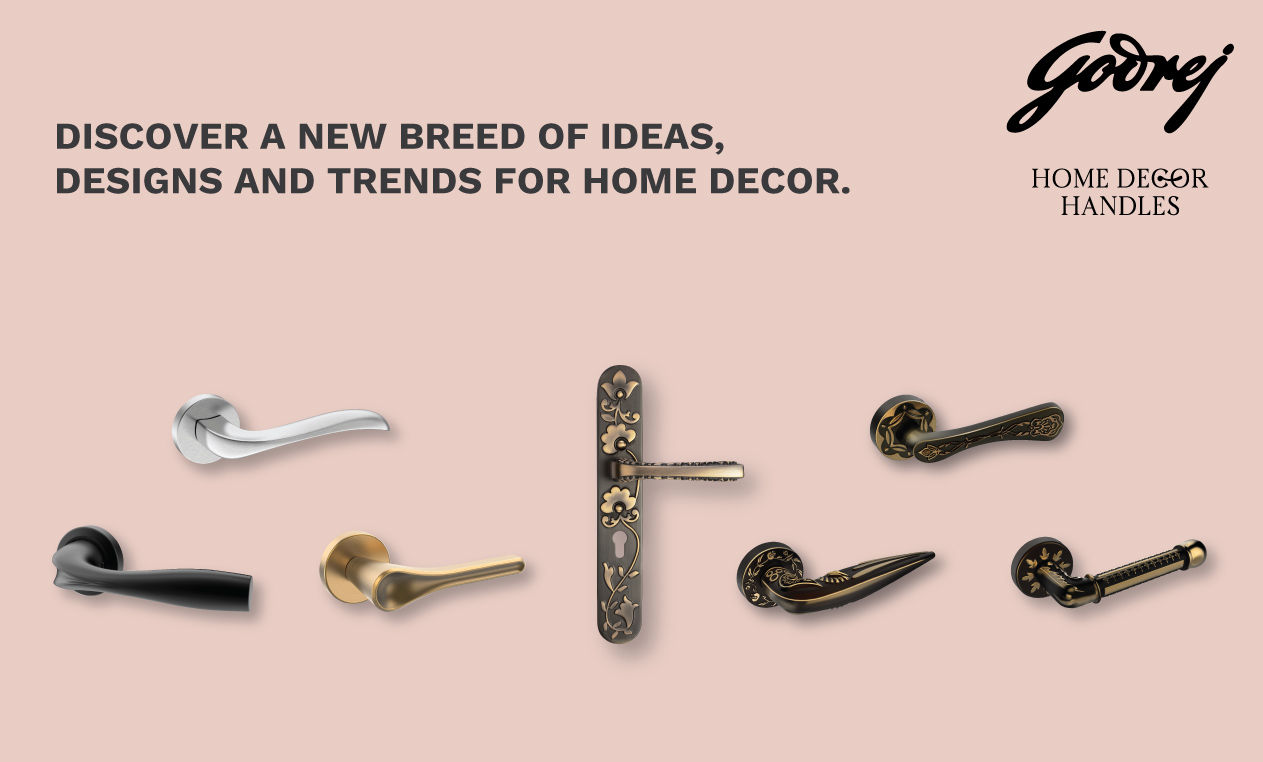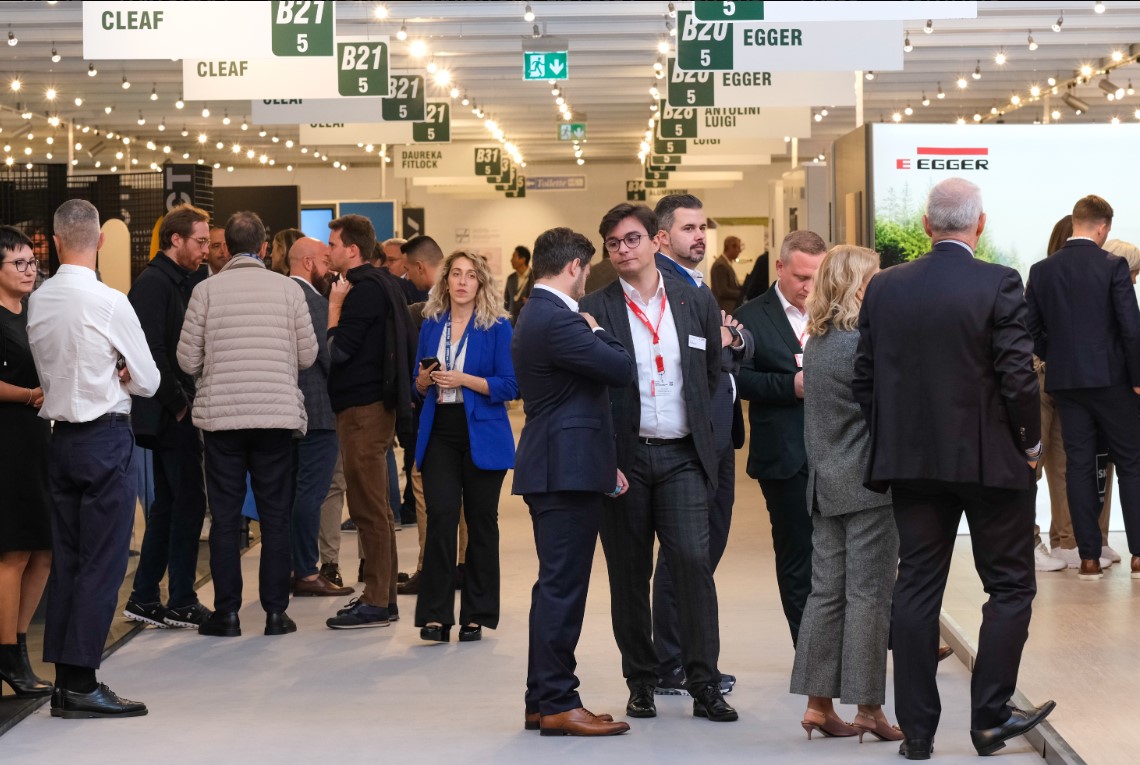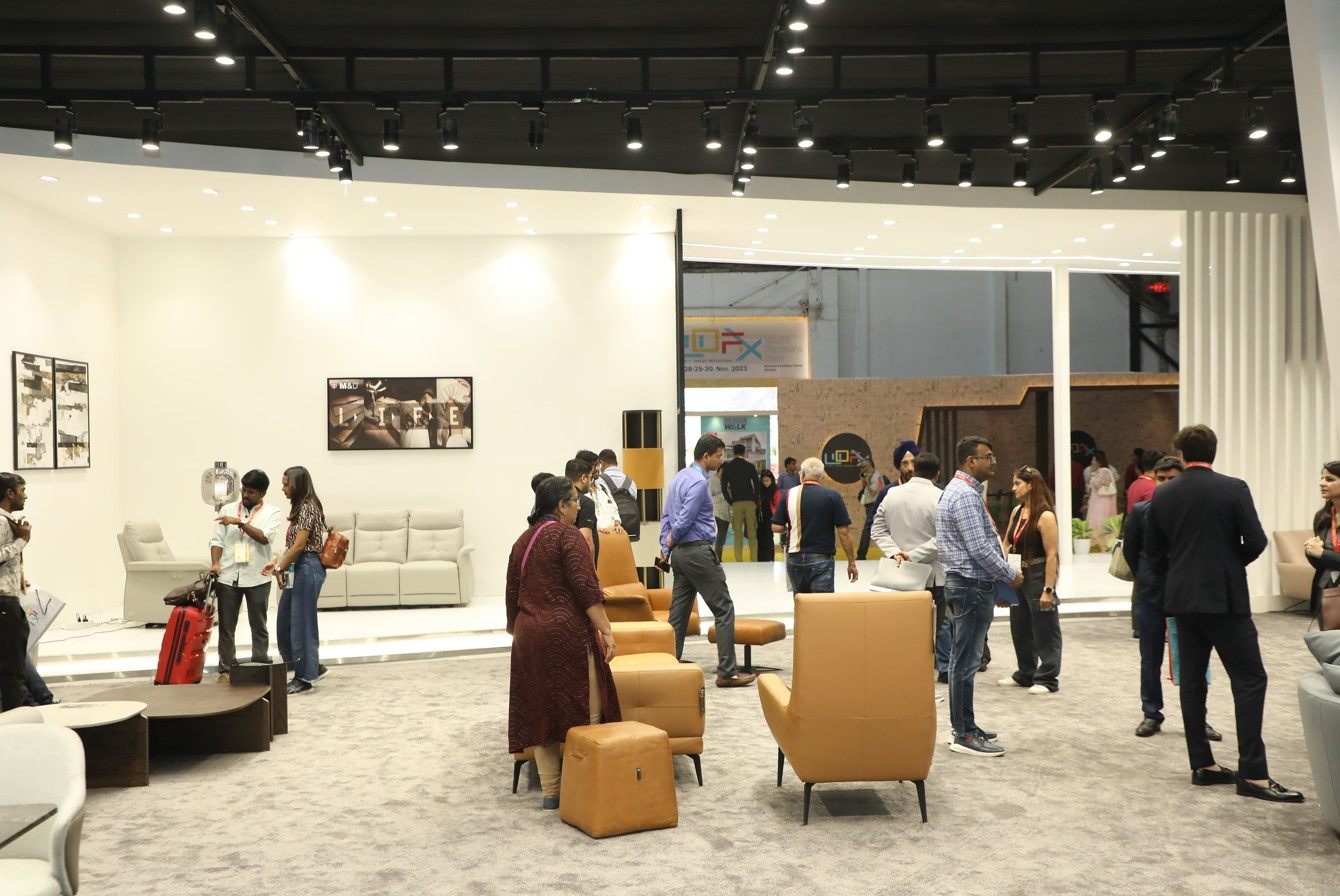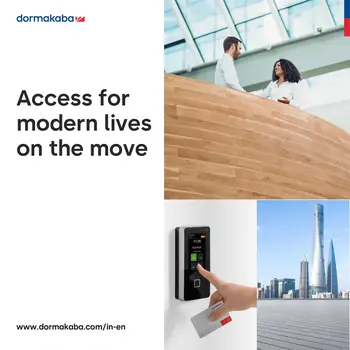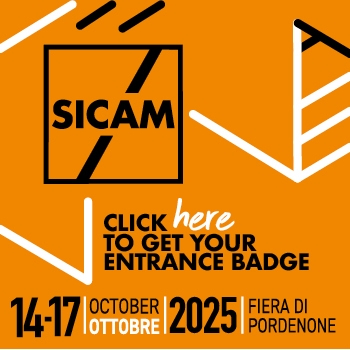The definition of a “modern home” in India is rapidly evolving. Today’s luxury residences are no longer just concrete structures; they are thoughtfully curated environments tailored to the lifestyle, preferences, and desire for effortless living of their owners. As homeowners and developers in India embrace this shift, one insight is becoming increasingly clear: smart living begins at the door. Moreover, in the premium and luxury residential segments, entryways are no longer an afterthought. They are being prioritized as the first layer of safety, comfort, and design intelligence. In this context, technology-powered smart locks are emerging as essential elements of the modern home experience. These smart locks combine market-ready aesthetics with advanced functionality, appealing especially to tech-savvy millennials and Gen Z consumers who value convenience, design, and home security.
For developers, smart locks have become a standard feature, installed not only to enhance the “smart home” appeal but also to boost resale value and everyday convenience. Beyond convenience, smart locks serve as a quality benchmark. They integrate seamlessly into contemporary décor, offering biometric access, remote unlocking, and premium finishes that complement upscale interiors. Builders are responding directly to consumer expectations for homes that are not only secure but also smart and stylish.
A growing market with systemic demand
The surge in smart lock adoption among urban millennials is not a passing trend; it’s a systemic shift. According to the IMARC Group, India’s smart lock market was valued at USD 94.5 million in 2024 and is projected to reach USD 250 million by 2033, growing at a steady CAGR of 10.6%. Nearly 30% of consumers in India express intent to use AI-enabled safety products, including smart locks, signalling a clear shift in living preferences.
Real estate developers are capitalizing on this demand. Property listings and media coverage increasingly highlight intelligent locking & systems as key selling points in high-end developments. Today’s smart locks are far removed from their utilitarian origins; they are sleek, intuitive, and designed to complement modern interiors. Offering keyless access via biometrics, PINs, RFID cards/fobs or mobile apps, they replace traditional keys with cutting-edge technology.
What makes smart locks particularly attractive to developers is their design versatility. With finishes that match interior themes, smooth lines that echo modern architecture, and touch sensors that blend into sophisticated layouts, smart locks engage both consumers and builders alike.
Smart homes for smart consumers and intelligent living in India
India’s luxury homebuyers are globally exposed, digitally aware, and design-conscious. They expect homes to offer not just comfort, but intelligence—automatic lighting, integrated appliances, voice-assisted systems, and smart safety and security at every touchpoint. In this landscape, smart locks represent more than convenience; they symbolize control, compatibility with lifestyle, and forward-thinking design.
A well-chosen digital locking system sends a clear message: the residence is secure, contemporary, and ahead of the curve. For developers, including smart locks in the handover package reflects a commitment to quality and technological relevance. In competitive markets, it becomes a differentiator, helping projects position themselves as smart-living ready and appealing to millennial and NRI buyers.
Widespread adoption of smart living across cities in India
Developers are now integrating smart safety solutions across various property types, from high-rise condos and luxury apartments to gated villas. This not only sets new standards for home safety and security but also fulfils an unspoken expectation: every aspect of the home, starting from the front door, must be future-ready.
Adoption is highest in India’s metro cities. Industry reports show that Bengaluru, Mumbai, and Delhi/NCR lead the way, with over 60% of new premium residential projects incorporating modern smart-home features such as lighting, sensors, and access control. Developers in these cities often pre-install IoT control hubs and secure entry systems. Pune and Hyderabad are also catching up, with 40–50% new developments including smart safety amenities.
The future of home safety and security
India’s home improvement and safety market will grow steadily, driven by rising demand for premium and modern smart living experiences. As urban expansion continues and technology becomes more accessible and aspirational, smart locks are set to become the default choice in residential home design.
The locks and safety market in India is projected to grow from ₹7,000 crore to ₹10,000 crore by 2027. Government initiatives like Smart Cities and large-scale infrastructure development are accelerating the need for advanced, scalable safety systems.
Ultimately, the home of the future will not be defined by square footage alone; it will be defined by how seamlessly it integrates technology with design, and lifestyle with smart safety. And in this journey toward truly smart living in India, the first and most visible step begins right at the door.
|
Reach out to him on: LinkedIn: linkedin.com/in/shyamm7261/ |
Smart home in India: Why safety and design now speak the same language
Over the last few years, the idea of the modern Indian home has been quietly, yet unmistakably, redefined. As smart home desi










